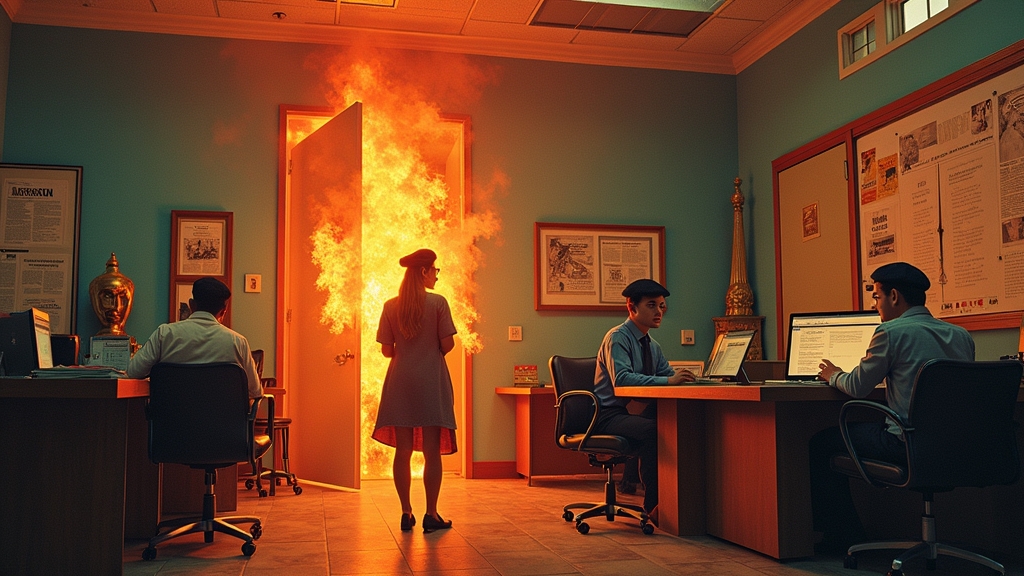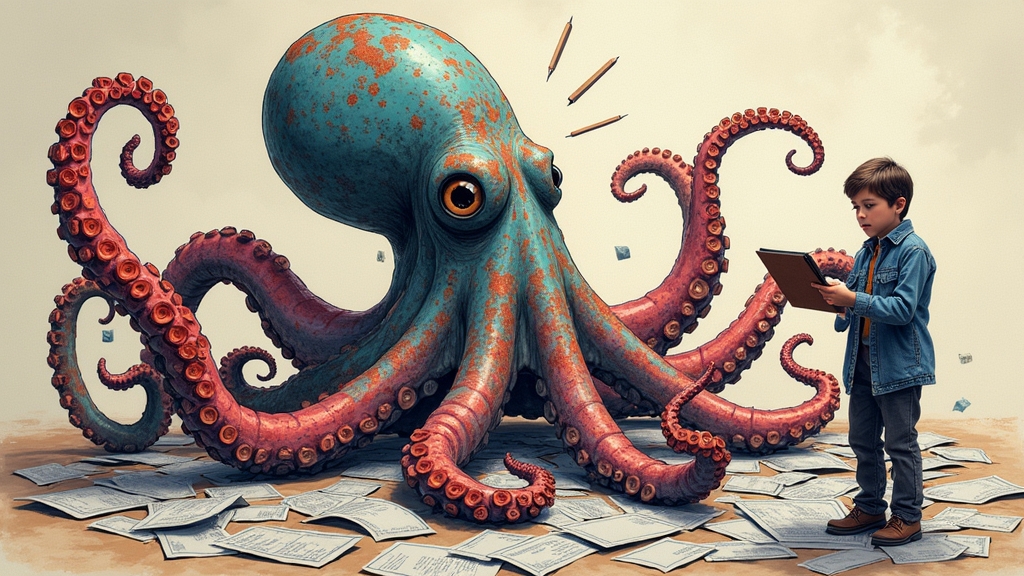**Australian Lawyer Brilliantly Defends Case Using 17 Totally Fake Court Rulings, Shockingly Loses Anyway**
In a groundbreaking display of legal creativity, an Australian lawyer recently attempted to win a court case by citing 17 entirely fictitious judicial rulings, all courtesy of an extremely overconfident AI chatbot. Shockingly, the strategy failed, leaving people everywhere questioning the justice system’s clear bias against thrilling nonsense.
The lawyer, whose name is omitted for the sake of his rapidly declining career prospects, reportedly had a bad back and “just didn’t have the time” to do boring things like fact-checking. Instead, he turned to artificial intelligence, because nothing screams responsible legal advocacy like taking shortcuts with a glorified autocomplete program.
“I thought it read well,” he later argued, presumably misunderstanding the role of actual legal precedent. Unfortunately, the immigration minister’s office disagreed, pointing out that 17 of the cases he cited did not, in fact, exist anywhere outside ChatGPT’s fever dream of jurisprudence.
Judges, already exhausted from deciphering lawyers’ usual BS, are now expressing growing frustration with AI-generated fabrications being slipped into official cases. “Honestly, I didn’t think I could be more annoyed at lawyers,” one judge admitted. “But here we are. If I see another AI-generated affidavit, I swear I’m going to start issuing contempt charges just for bad writing.”
Legal experts say this debacle highlights major concerns about AI’s increasing use in the profession, namely that the technology has roughly the same research capabilities as a drunk law student making things up on the fly. “We used to think lawyers at least had to *try* to be deceptive,” said legal ethicist Karen Rhodes. “Now they’re outsourcing it to an algorithm that hallucinates court cases like it’s tripping in a law library.”
The Courts are now considering strict guidelines on AI use, including a groundbreaking new rule that lawyers must—brace yourself—actually read and verify their own submissions before filing them. Conservative pundits are already calling it “woke overreach.”
As for the lawyer at the center of this legal melodrama, he remains defiant. “Look, if AI can beat humans at chess, why not law?” he reportedly argued before realizing that chess at least follows rules based in reality.





